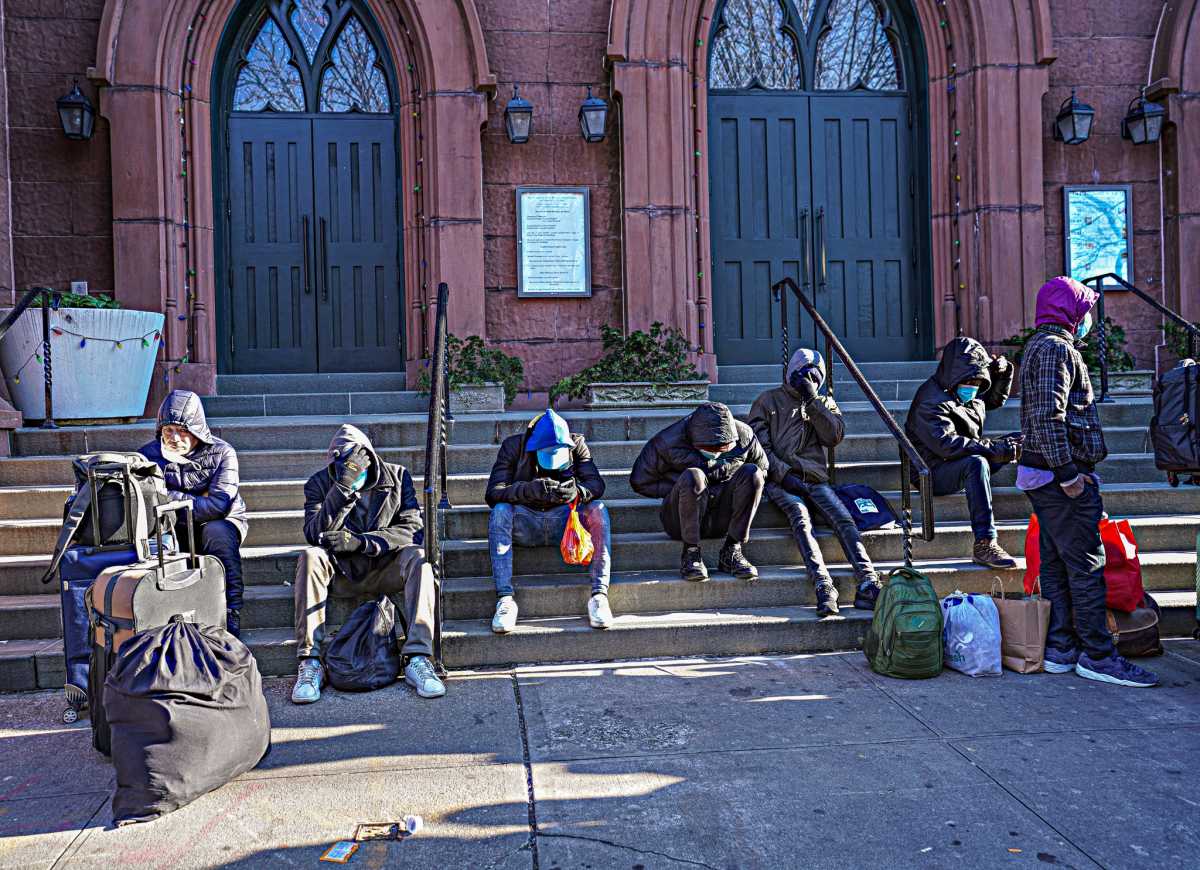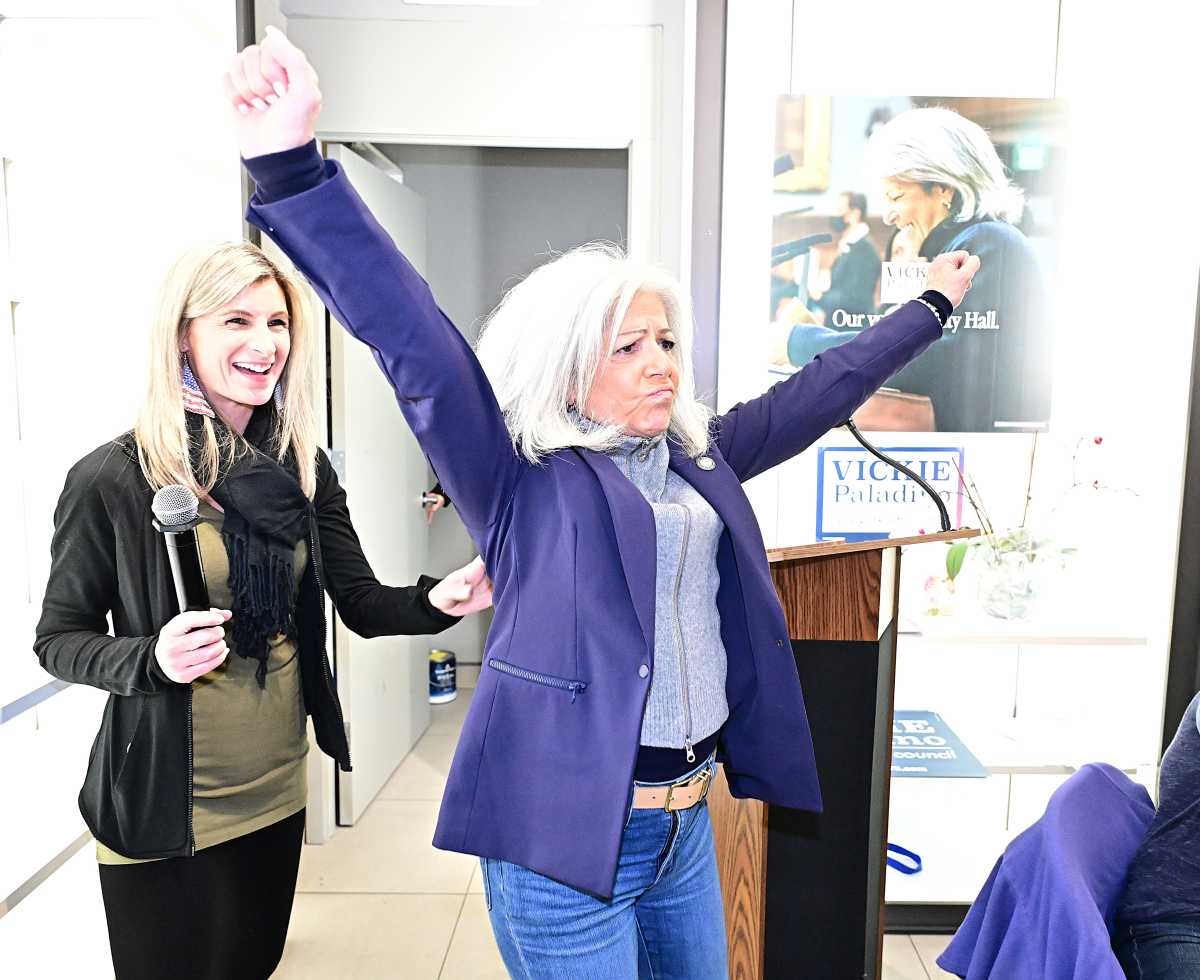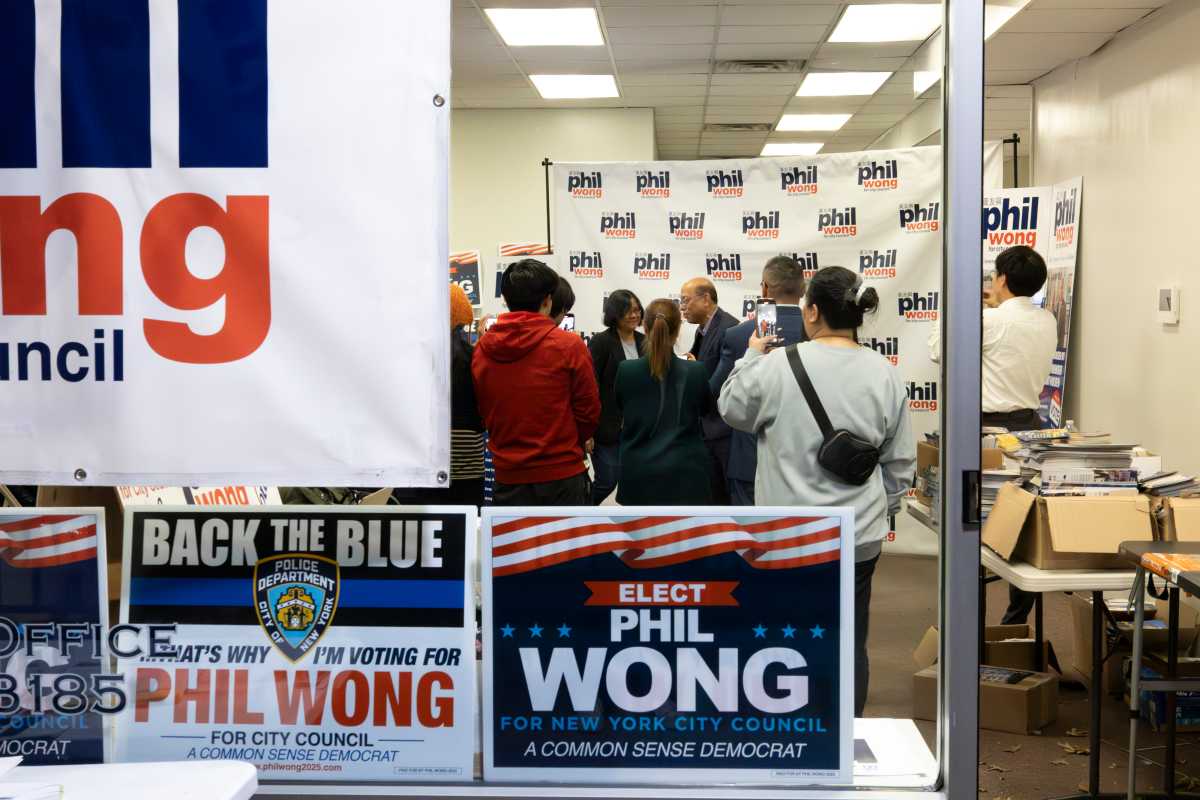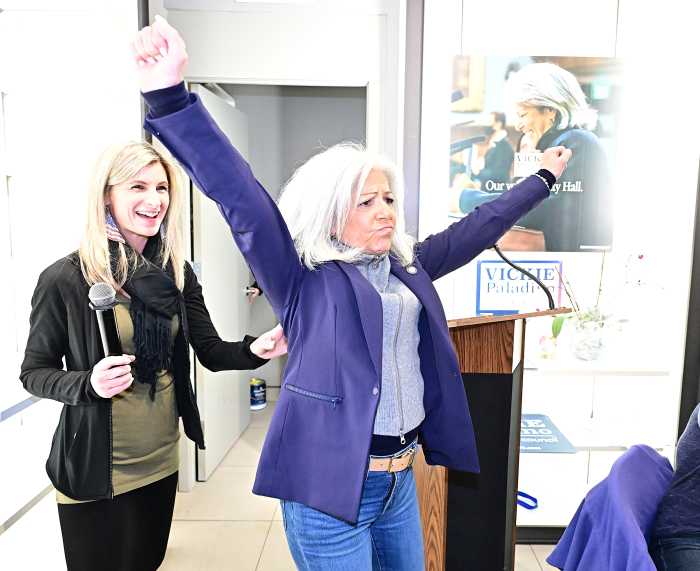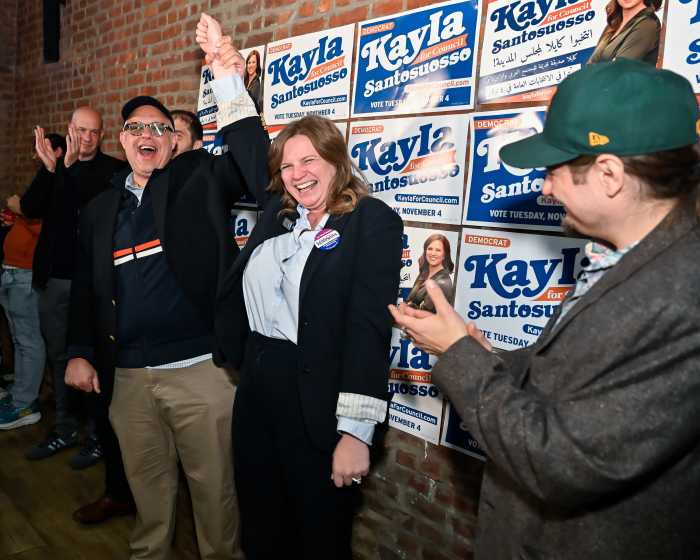The first round of migrants to have their shelter notices expire under a settlement between the Legal Aid Society and the city last month will be booted from NYC shelters starting next Wednesday, amNewYork Metro has learned.
Approximately 250 adult migrants will have their notices expire between May 22 and 26. City officials said the exited migrants will not have the ability to reapply for shelter unless they meet an “extenuating circumstance.”
The right-to-shelter settlement between the city and Legal Aid was reached in mid March after months of negotiations that were spurred by NYC Mayor Eric Adams’ administration attempting to suspend the right-to-shelter — a 1981 consent decree that mandates the city must provide shelter to anyone in need — for migrants.
But that decree, city officials said, was not designed to handle such a mass influx of people NYC is experiencing today in such a short period of time.
“New York City has led the nation in responding to a national humanitarian crisis, providing shelter and care to more than 197,000 migrants since the spring of 2022,” said Camille Joseph Varlack, chief of staff to the mayor. “However, from day one, we have been clear that the ‘Right to Shelter’ was never intended to apply to a population larger than most U.S. cities descending on the five boroughs in less than two years, and our settlement with Legal Aid solidifies this understanding.”
Along with the settlement agreement comes a new process of how a shelter stay will play out for adult migrants. Varlack explained that changes are designed to help the city handle the arrival of hundreds of new migrants – including migrant families – requesting shelter every day.
Adult migrants will receive their initial placement, be provided a resource guide available in 22 different languages, a 30- or 60-day notice depending on age, and an outline of what would qualify as an extension.
Reasons for stay extensions include proof of relocating outside of NYC or access to an alternative housing option within 30 days, a medical procedure scheduled within 30 days, adults enrolled in high school and working toward graduation, and demonstration of “significant efforts to resettle.”
Legal Aid staff attorney Josh Goldfein expressed concern about the city giving enough consideration to those who have made efforts to move out of the system.
“We are very concerned that the city carefully evaluates each person’s needs so they give credit to people for all the work they have done to try to move out, find work and be able to support themselves,” he said.
The city will offer migrants exit planning resources throughout their stay in the system. These resources can include help reuniting with family or friends they may know in New York or other areas, and connection to job training and opportunities through the city’s Workforce 1 centers.
Any migrant who feels they qualify for an extension will be able to apply at St. Brigid in the East Village, the city’s shelter reticketing center, toward the end of their stay.
“While these changes will require some adaptation, they will help migrants take the next steps in their journeys, reduce the significant strain on our shelter system, and enable us to continue providing essential services to all New Yorkers,” Varlack said.
Meanwhile, city officials continue to seek federal aid as more migrants come into the city every day. And NYC is not alone. Cities across the country are battling similar crises and have had to establish shelter policies of their own, including Denver, which has a shelter stay limit of 72 hours for newly arriving adults.
“While we are grateful for the help our state and federal partners have provided thus far, simply put, it’s not enough. Like impacted cities across the country, we continue to seek significant support from our federal partners, including expedited work authorizations, more funding, and a national resettlement strategy.”



